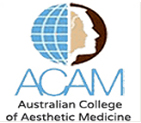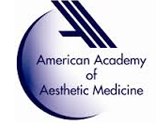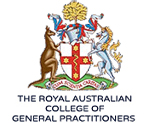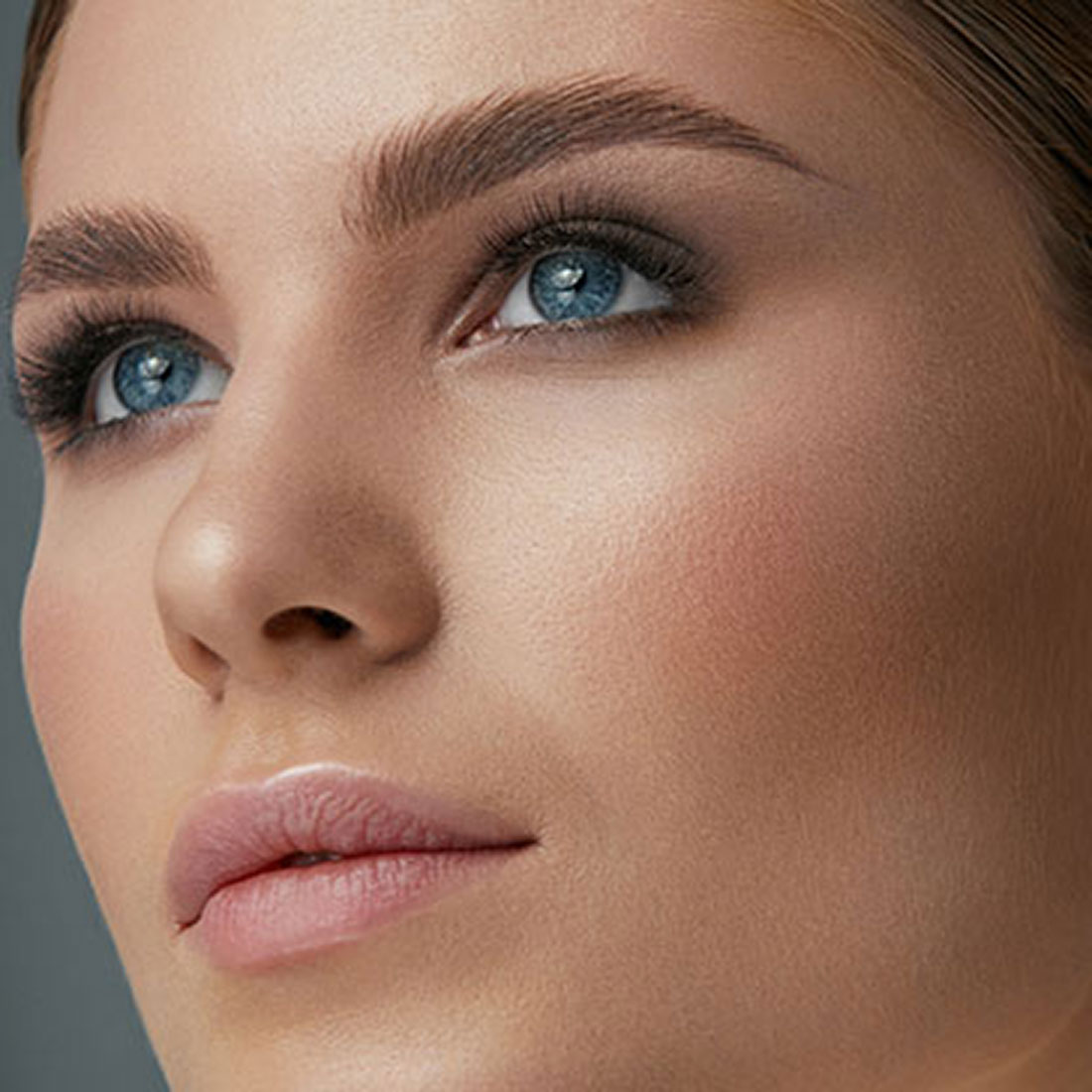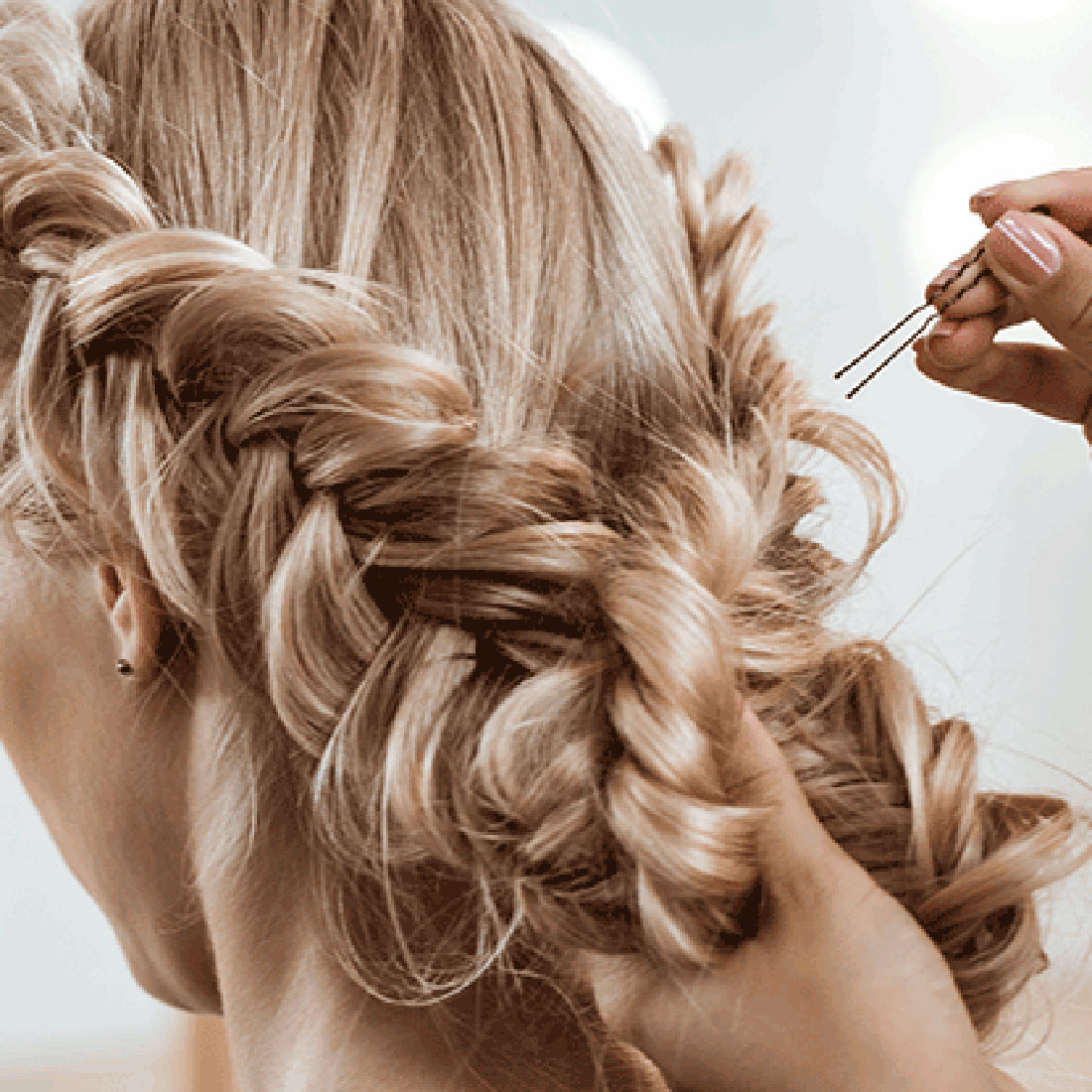
Different Drugs, Medications, and Devices Used in the Treatment of Hair Loss
There’s no magic bullet that is guaranteed to provide hair restoration. The techniques that are right for your unique needs will be based on the type of balding you are experiencing, any medical conditions that you have, and how much hair you have lost. Hair transplantation is effective in the majority of all scenarios, providing that there is donor hair available. In addition to transplantation, non-surgical solutions can be used to slow or stop the progression or hair loss, and may promote growth in areas that are not severely impacted.
Understanding the various non-surgical options will allow you to determine which methods are safe, and which might be ideal in your case. Many of the medications are available only with a prescription, which can be provided after consulting with Nowigs, or they may even be prescribed after a visit with your general practitioner.
The most common branded hair loss medications on the market are Avodart, Propecia, and Minoxidil.
Avodart
Avodart is not yet approved as a hair loss medication, but is currently undergoing trials that could see it used in the future. This medication is currently prescribed for sufferers of prostate disease.
Initial trials are positive, indicating that Avodart could be more effective than Propecia. Some research suggests that Avodart could be as much as 90% effective in men, which would give it a 10% advantage over Propecia. The problem with a lack of extensive research is that not all of the side effects and interactions are known, so the use of this drug will require a voluntary consent form. In the majority of all cases, we will prescribe Propecia over Avodart.
Propecia
Propecia is the most popular brand name for medications containing Finasteride. Quite mature in its marketing position, Propecia has been used successfully for more than two decades. Propecia is a long term commitment that will take up to 12 months of dosage before determining whether the drug is working. In some cases, the results may become evident in as little as 12 weeks. Propecia becomes more effective the longer it is used, for at least the first five years. After this, the results will plateau, which is not necessarily a bad thing considering that the most noticeable improvements would have occurred before that time.
Propecia doesn’t just slow or stop hair loss, but also influences regrowth. Regrowth results are positive in more than 80% of men who use Propecia.
Being on the market for more than 20 years, Propecia (and products based on Finasteride) has been proven to be safe, and there are few interactions with other drugs or substances. Alcohol, NSAID medications, and other medications show no major complications.
The mechanism of Finasteride is related to the DHT by-product that is a cause of pattern hair loss. It blocks the function of a specific enzyme that is known to cause hair loss. Many of our patients and even our practitioners have experienced success with no side effects from this popular treatment method. Note that Propecia will not lead to significant regrowth in end stage pattern balding.
Minoxidil
Minoxidil is most commonly marketed under the brand name Regaine. It is available as both a solution and in tablet form, with the former being recommended for those who are only experience hair loss on the scalp (or in other targeted areas).
If this medication is used in tablet form, it can cause increased hair growth across the whole body, which will be an undesirable side effect for most people. If you’re looking for a treatment only for your head, then a solution is the best option. This drug can slow or prevent hair loss, and may stimulate regrowth. Some problems include skin irritation, which is something that needs to be considered when using it in solution form. Sometimes, a prescription of Minoxidil and Propecia will be combined to boost the results, as both medications work in slightly different ways that are complementary to each other.
MSM (Methylsulfonylmethane)
Moving on from the most popular proven medications, you can start to look at supportive options like MSM supplements. MSM is not intended to stop hair loss, but it can help to influence new growth while keeping hair healthy. This can in turn reduce shedding in some scenarios.
Injection Treatment with PRP
An expensive and largely unproven treatment, PRP injections use specific components derived blood. Proponents of this treatment method claim that it can help to promote hair growth. No comprehensive scientific studies exist for this treatment, but there is limited information suggesting it could be effective. We are able to provide PRP treatment at Nowigs.
Stem Cell Therapy
Similar to PRP, this type of treatment goes a step further by using harvested stem cells to give hair follicles a boost. Stem cells may help to activate follicles that are no longer active, allowing for new hair growth and replacement of a receding hairline. There is some evidence to suggest that stem cell therapy is effective, and it is at least more effective and scientifically sound than PRP injections.
Vitamin Supplementation
Vitamins and minerals are essential to hair growth. B group vitamins, and minerals like Iron and Zinc are particularly important. An imbalanced diet or a lack of certain nutrients could result in unhealthy hair and an increased rate of hair loss. Vitamins alone will not grow your hair back, but they can be used to promote ideal conditions for healthy hair.
Vitamin supplementation can be administered directly into the skin using mesotherapy, but this cosmetic procedure has not been proven to promote growth or prevent hair loss.
Hormone Therapy for Women
Hormones are just as responsible for hair growth as they are for hair loss, and sometimes what the body needs is a rebalancing of hormone levels to stop the progression of hair loss. Women who are suffering from male pattern type hair loss can have success with cyproterone and oestrogen.
Laser Treatment to Promote Hair Growth
Laser treatment is another unproven method that has sometimes been associated with claims of hair regrowth. Actual scientific evidence is lacking, and even when laser treatment does promote regrowth, hair is extremely thin and fragile, and nothing like the hair that can be achieved by using proven medications or treatments like hair implantation but having said this this can be a good adjuvant to hair transplantation.
Older Drug Treatment
Some older drugs have been used in the past for hair regrowth, but are no longer recommended by physicians or hair surgeons. One such example is spironolactone, a drug that reduces hormone production in the body. While it can help to prevent the progression of hormone related balding, it doesn’t target specific by-products like DHT, which means that it can create an unhealthy hormone imbalance.
More In This Section

Hair Transplants
FUE Hair Transplant
FUT Strip Hair Transplant

FUE vs Strip Hair Transplant

Scalp Micropigmentation

Hair Pieces and Implants

Hair Loss Drugs & Devices
No Treatment At All
Call Us At: (07) 3350 1625
